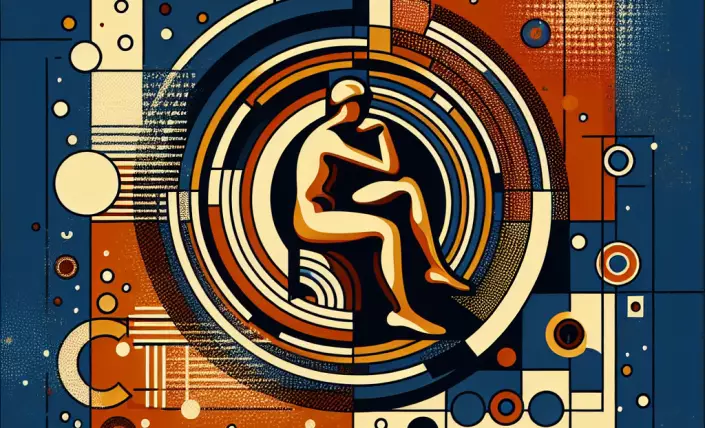Arthur Schopenhauer, a luminary of 19th-century philosophy, presents us with a profound exploration of human existence through the concept of the 'will.' At its core, Schopenhauer's philosophy posits that the 'will to live' is the fundamental force driving all human action. This notion, while seemingly simple, unveils a complex interplay between desire, suffering, and the pursuit of meaning, casting light on the often tumultuous journey of life.
In Schopenhauer's view, the 'will' is an insatiable force, an ever-present urge that propels us forward, often without conscious awareness. It is this relentless will that gives rise to desire, and through desire, to suffering. The human condition, according to Schopenhauer, is one of perpetual dissatisfaction; once a desire is fulfilled, another emerges, creating a cycle of longing and temporary relief. This endless oscillation between want and fulfillment suggests a bleak reality where true happiness remains elusive.
Yet, within this seemingly pessimistic framework lies a profound invitation to reflection. Schopenhauer encourages us to examine the nature of our desires and the ways in which they shape our lives. By recognizing the ceaseless nature of the will, we are prompted to consider the possibility of transcending the superficial chase for fulfillment. Herein lies a potential path to liberation: through the acknowledgment of the will's power, we can begin to detach from its demands, finding solace in moments of aesthetic contemplation or acts of compassion. Such experiences, Schopenhauer suggests, offer a glimpse of tranquility, providing temporary respite from the tyranny of desire.










